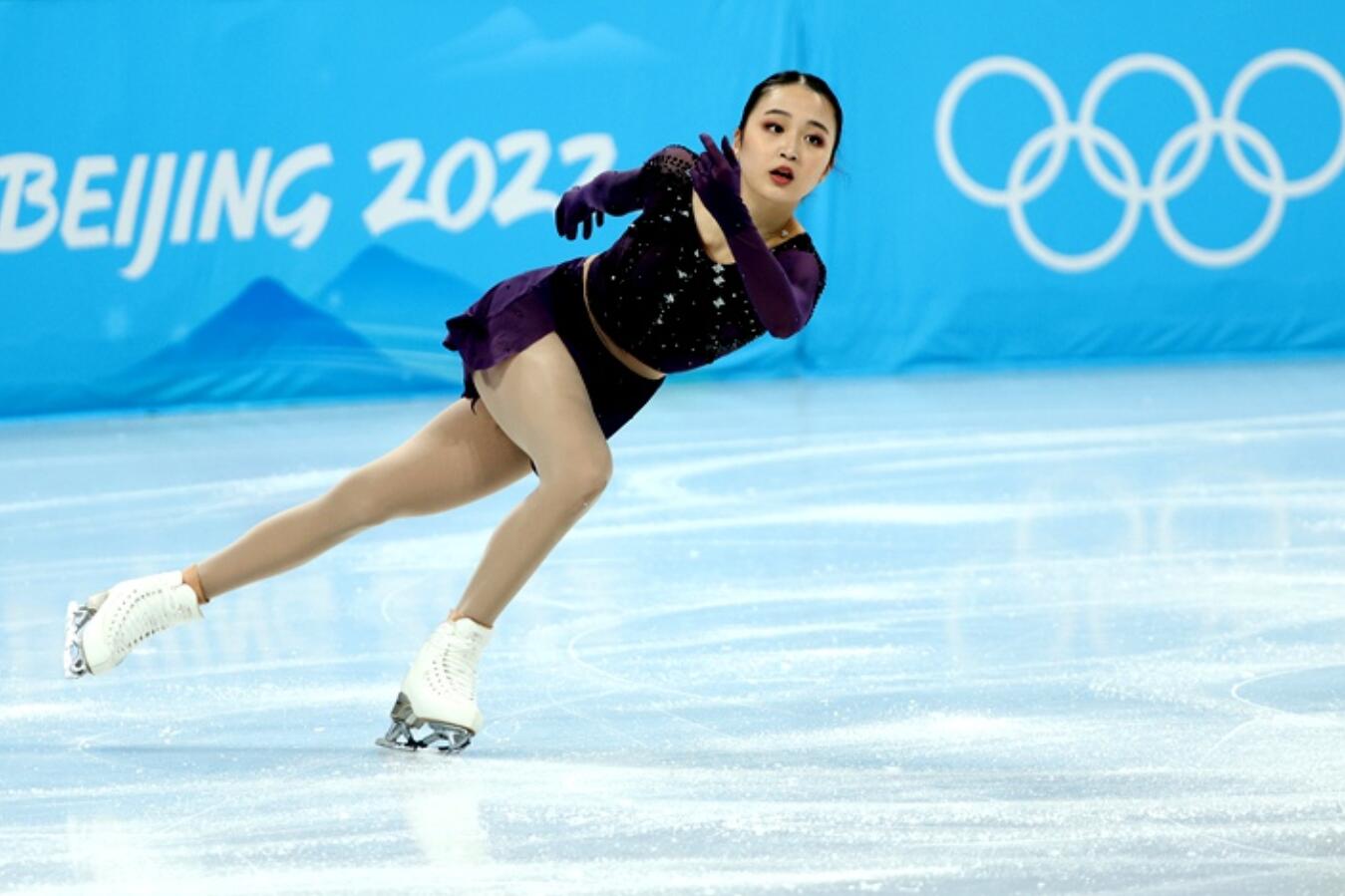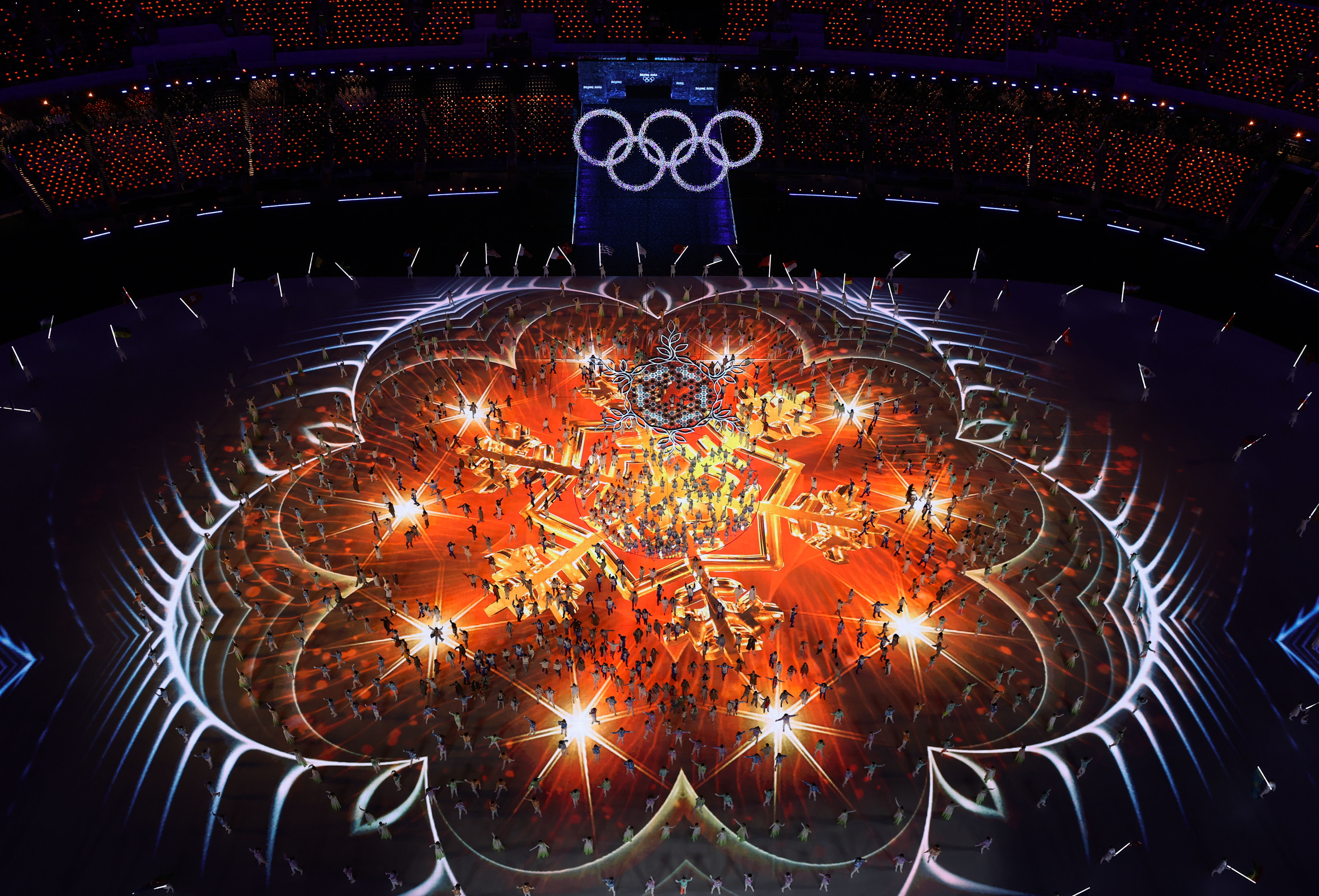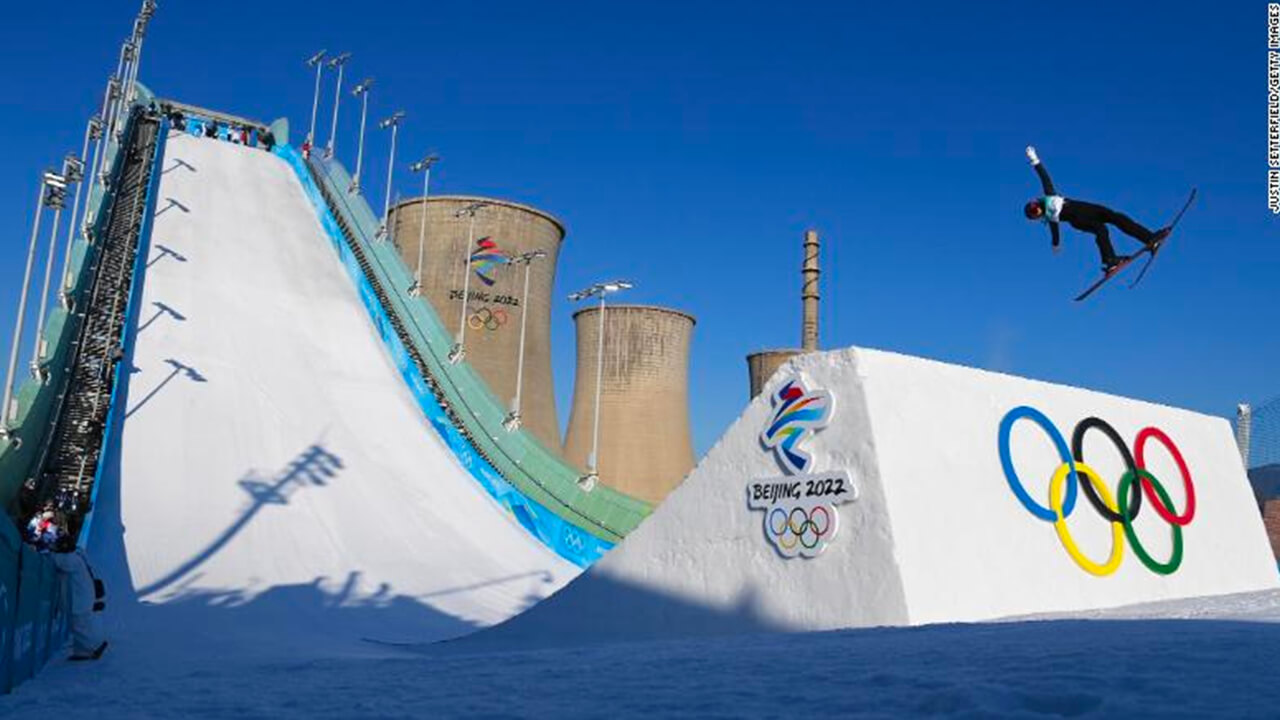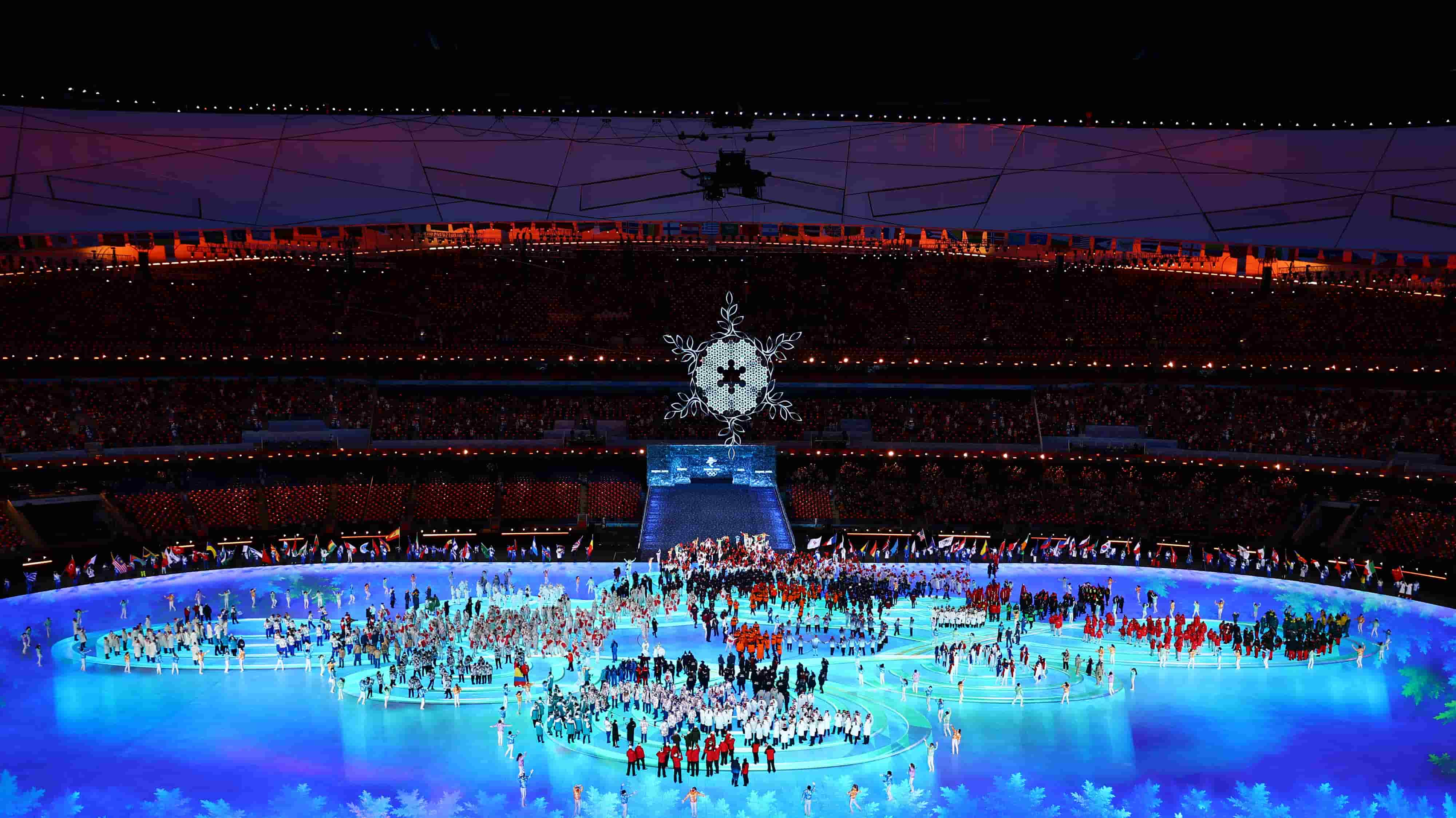
As the Beijing Winter Olympics moves on, China's Gen Z has come under the spotlight with their shining personalities, demonstrating China’s sportsmanship and Olympic spirit.
As an Internet buzzword, Gen Z refers to the young people born between 1995 and 2009 in the Internet era with avant-garde worldviews and new-age behaviors, some of whom are becoming leaders in different fields.
The average age of Team China at the Beijing 2022 Winter Olympics is 25.2 years old, with the youngest being 17 years old, making Gen Z as the backbone of China’s winter sports. And they have impressed the world with their sportsmanship, strength, vigor and charm.
Team China has so far won eight gold medals, surpassing its best record of five at the Vancouver 2010 Olympic Games. Chinese Gen Z athletes are challenging themselves to win glory for China.
The 18-year-old Gu Ailing won the women’s freeski big air competition. She took a risk and challenged herself in her final run-a left double 1620 with a safety grab — after it was certain she was in the top three. She became the first female skier at the Winter Olympics to make this difficult move. Su Yiming won the gold medal in the Big Air event with a score of 89.50 in the first jump and 93.00 in the second jump, creating the history for the Chinese delegation in this event with his excellent skills and superb finish, showing the courage and strength of Gen Z.
Besides, Gen Z volunteers are also worth mentioning. They contribute to the Games with their top-notch services — welcoming guests, providing information, liaising, helping transport athletes, which have received praises from athletes all over the world.
Behind the giant snowflake was a group of small burning snowflakes representing the volunteers many of whom are Gen Z’ers. Their energetic and pleasant personalities have made all athletes warm-hearted. Their commitment has stemmed from their passion for the Olympic Games.
It is reported that a large proportion of the volunteers are sophomores born in 2001 when Beijing won the bid for 2008 Olympic Games, signaling their birth bondage with the Olympics. Like snowflakes falling from the sky, they are sprinkled all over the Games: guiding athletes, providing athletes in registration, transporting foreign guests to their destinations.
Outside of the Olympic bubble, the Gen Z audiences have followed every game, celebrating good athletic performances, sympathizing with athletes missteps and expressing discontent and anger against violations of the Olympic spirits. Snow and ice cannot freeze the enthusiasm of Gen Z audience who actively talk about the Winter Olympics and show their love for sports.
Yannis Exakhos, CEO of Olympic Broadcasting Services says that Gen Z is helping promote the Olympic Games, their lively discussion on social media platforms are gaining momentum for the Games. They actively make comments on Chinese and foreign social media, start conversations to educate others about the events, praising excellent performances of foreign athletes such as Japan's Yuzuru Hanyu and Russia's Kamila Valieva, and acknowledging the tenacity shown by less privileged athletes such as Malta's Jenise Spiteri whose training is large self-funded.
In a word, Gen Z has played a major role in the dialogue between China and the world during the 2022 Winter Olympics, with sportsmanlike athletes, detail-oriented volunteers and highly engaged audience. They also promote a multi-dimensional dialogue between China and the world. Their dedication, determination and love for the Olympics Games and sports, have helped cultivate China's sports culture. Their youth has enlighted the world of ice and snow and dispelled the gloom of the Covid-19 pandemic while highlighting enjoyment and fun and real meaning of winter sports.











